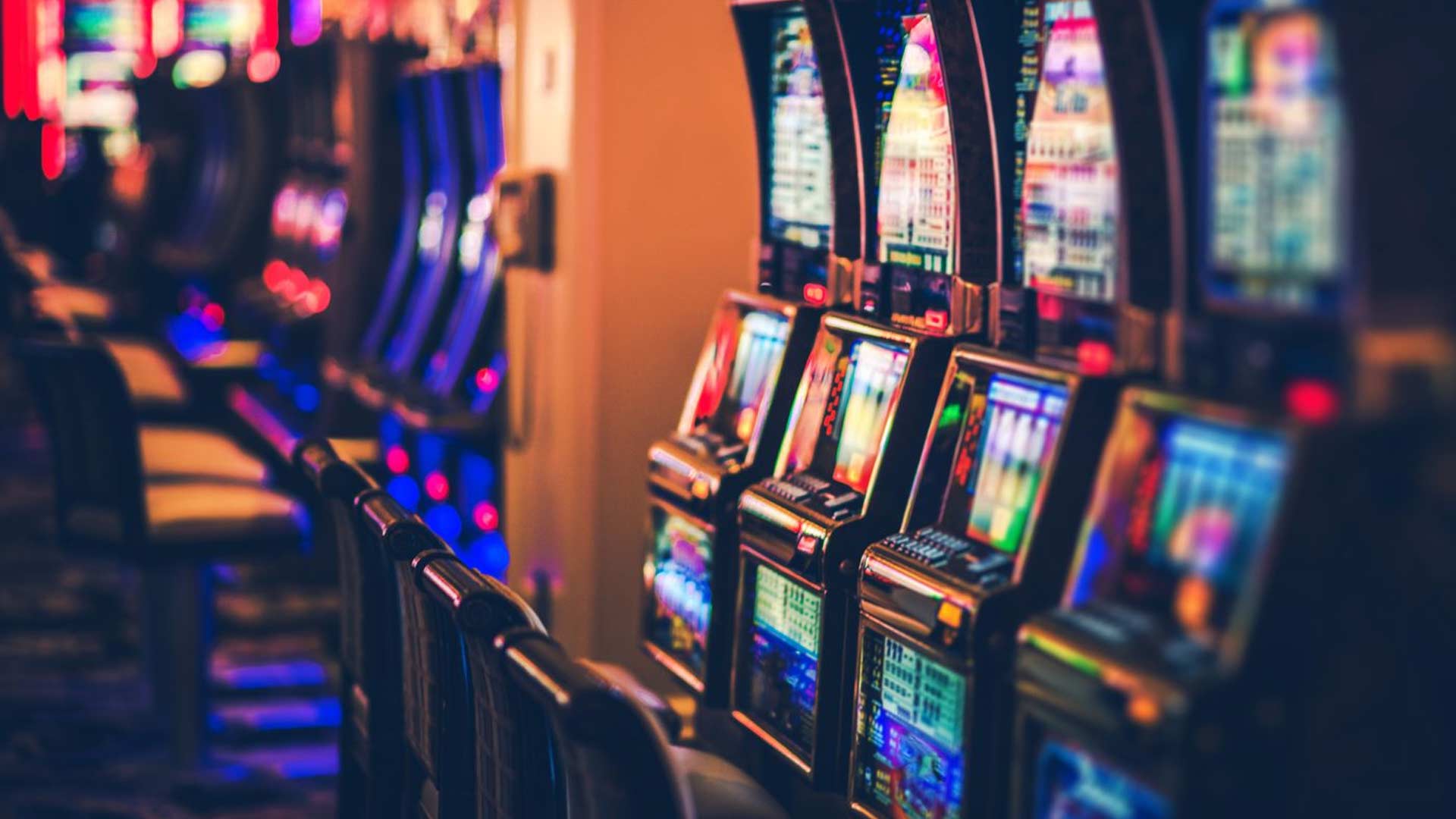Why Gamblers Trust Their Lucky Charms

Why Gamblers Trust Their Lucky Charms
In the high-stakes world of gambling, where outcomes are largely dictated by chance, it might seem paradoxical that so many participants cling to deeply personal superstitions and lucky charms. From the worn-out rabbit's foot tucked into a pocket to a specific ritual before rolling the dice, the reliance on these seemingly irrational objects and actions is a pervasive phenomenon across casinos, card tables, and sportsbooks worldwide. But why do gamblers, often individuals who understand the underlying probabilities, place such profound trust in their lucky charms? The answer lies not in magic, but in a fascinating blend of human psychology, the illusion of control, and the inherent uncertainty of the game.
At its core, the trust in lucky charms stems from a fundamental human need to exert some form of control over unpredictable events. Gambling, by its very nature, is an activity defined by randomness. Players have little to no influence over the roll of a dice, the spin of a roulette wheel, or the deal of a card. This lack of control can be deeply unsettling. A lucky charm or ritual provides a psychological anchor, a personal totem that, however irrationally, makes the gambler feel more in charge of their destiny. It creates an illusion of agency in an environment where true agency is minimal, reducing anxiety and fostering a sense of hope.
Another powerful psychological driver is confirmation bias. When a gambler wins while carrying their lucky charm or performing a specific ritual, they are far more likely to attribute the win to the charm or ritual itself. Conversely, when they lose, they might dismiss it as an anomaly, or perhaps rationalize that they didn't follow the ritual precisely enough, or the charm's power was temporarily diminished. This selective memory reinforces the belief over time, strengthening the perceived connection between the charm and positive outcomes, even if statistically there is no correlation whatsoever. The human mind is wired to seek patterns, and sometimes, it finds patterns where none exist, particularly when there's an emotional investment involved.
The role of superstition in general societal beliefs also contributes to this phenomenon. Many cultures are steeped in superstitions, from knocking on wood to avoiding black cats. These beliefs are often passed down through generations, making the concept of 'luck' and its tangible manifestations (like charms) a culturally accepted and even celebrated part of life. When entering the gambling arena, where luck is explicitly invoked, these ingrained cultural beliefs come to the forefront. It’s a common human tendency to create narratives around chance events, attributing success to a favorable force and misfortune to an unlucky one. Lucky charms fit neatly into this narrative framework.
Moreover, lucky charms can serve as powerful emotional regulators. The pressure and stress associated with gambling, especially when significant money is on the line, can be immense. Holding a familiar object, engaging in a comforting ritual, or simply believing in a source of external luck can alleviate some of this psychological burden. It provides a sense of comfort, boosts confidence, and can even help maintain focus, creating a positive mental state that, while not altering the odds, can influence decision-making and overall enjoyment of the game. This placebo effect, where belief in a remedy brings about an actual improvement, is well-documented in other areas of life and certainly applies here.
The specific types of lucky charms and rituals are as varied as the gamblers themselves. Some might carry a lucky coin, a specific piece of clothing, or a family heirloom. Others might have a routine of touching a particular part of the table, blowing on the dice, or crossing their fingers. Famous athletes often exhibit similar pre-game rituals, believing these actions contribute to their performance. For gamblers, these rituals become an integral part of their personal strategy, blurring the lines between logical play and superstitious adherence.
While lucky charms offer psychological comfort and a perceived sense of control, true success in realms like sports betting often hinges on diligent research, understanding odds, and strategic decision-making. For those exploring more analytical approaches to the game, platforms like m88 sport taruhan bola provide resources and opportunities. The real power of a charm lies not in its mystical properties, but in the confidence and mental well-being it instills in the gambler. It's a reminder that even in the most logical of pursuits, the human element, with its hopes, fears, and fascinating psychological quirks, plays a significant and often unseen role.
In conclusion, the unwavering trust gamblers place in their lucky charms is a complex tapestry woven from the threads of human psychology. It's an instinctive response to uncertainty, a manifestation of confirmation bias, a cultural embeddedness, and a powerful source of emotional solace. While these charms hold no actual power to alter the mathematical probabilities of a game, their profound impact on the gambler's mindset and experience is undeniable. They serve as a testament to the enduring human desire to find order and influence, even in the realm of pure chance.